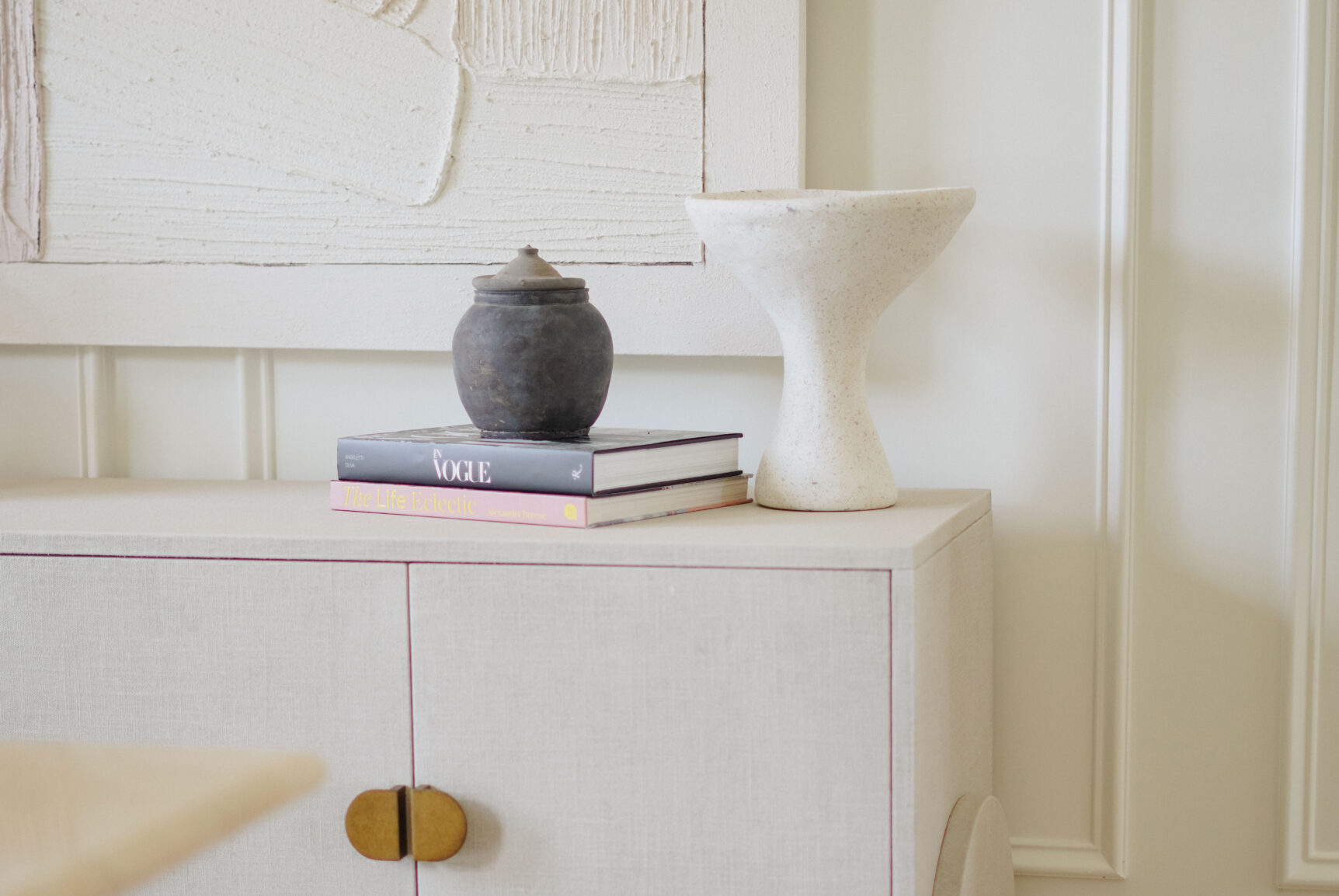Boundaries are the best way of telling others – and yourself – that you know your worth and that you’re worthy of respect.
Somewhere along the way, I learned one of those life lessons that we all learn sooner or later. Not everyone, nor everything, needs or deserves to occupy space and time in my life.
I also realized it is continuously and exclusively up to me to decide what is best for my well-being.
In recognizing my needs, I am better equipped to establish what boundaries to set in my life.
I’ve learned too that in addition to limits with external factors, like other people or situational demands, it’s also imperative that I identify my own limits and set boundaries within myself and for myself.
Ultimately there are many ways we can look at boundaries. I like to think of them as being the red velvet ropes that protect the best and healthiest version of myself.
What are boundaries, and why do we need them?
Personal boundaries help define you by outlining likes and dislikes and setting the distances you allow other people and situations to approach.
Boundaries are essential to healthy relationships and healthy life.
Healthy boundaries are a necessary component of self-care. Without boundaries, we can quickly end up feeling depleted, taken advantage of, taken for granted, or intruded upon.
Whether it’s in our professional or personal relationships, poor boundaries may lead to resentment, hurt, anger, and burnout.
Setting and sustaining boundaries is a skill.
The first step in setting and maintaining boundaries is identifying your needs.
Not everyone has a clear idea of what makes them tick or causes them to retreat inside themselves when a boundary has been crossed. Sometimes we don’t even realize that the trespass has taken place.
Regardless of the situation or the relationship in question, identify your comfortability and contentment level and work from there.
What do you require to be content, comfortable, mentally and physically healthy, and most importantly: happy?
Get out your journal and ask yourself a few questions; see what comes up for you.
- Do you need to speak or be spoken to in a specific manner to better communicate with others?
- Do certain words or phrases trigger negative responses in your soul?
- Maybe you require a bit of extra alone time at the beginning or the end of a day to center yourself before interacting with anybody.
- Perhaps, on the contrary, you are the type of person who needs a lot of socializing, and too much alone time is hard on your emotional health.
- Are you always saying yes, even when those commitments leave you feeling overwhelmed?
- Do others (your kids, your partner, your co-workers, your neighbors) leave you feeling resentful or taken advantage of? If so, how are you contributing to what’s happening?
You can’t rely on others to decide what your boundaries should be. Remember that just as it is your duty and responsibility to yourself to identify and establish your limits. It is everyone else’s duty to develop their own, as well.
I don’t want you to read that and think that I say that in an “it is a dog eat dog world.” In fact, on the contrary, I want you to understand the magnificence in everyone knowing their heart and soul so well that they can stop and say “I need this,” or “That is not for me.”
Once you’ve Identified your needs, don’t just ask that others respect your boundaries, but also ask yourself for respect.
Whatever your needs are, they are valid; speak on them and act on them.
Consider a time when you realized you could have avoided conflict had you just identified your needs and implemented some boundaries early on. Reflect on that little movie reel in your mind that likely played over and over with what you could have, should have, or would have said or done.
Now, take that experience and grow from it. Think of what you would have done differently. How could your needs be better met next time?
What would have been the appropriate steps to take to ensure you did not feel like you sold yourself short in any way?
Remember, your value and what you ask of the world is entirely up to you. You decide. Isn’t that beautiful?
You are the one that gets to decide what and who gets past those red velvet ropes. After all, if you don’t speak up in favor of your own happiness and health’s perimeters, who will?
The need for healthy boundaries will present itself in all aspects of your life. It would be best if you always remembered to hold yourself and others accountable for respecting them.
Learn the art of saying “no.” It may not be comfortable at first, but your body, mind, and soul will thank you for the love.
Keep in mind that explanations are not in order either. There is never a need to over-explain why you cannot say “yes” to something. It truly is as simple as “no,” even when it may not seem so.
When it comes to boundaries, your responsibility is to yourself first.
Being communicative with my needs and wants wasn’t always my strong suit. I felt like people would be bothered by putting my foot down, even if it were for something minor or something perfectly reasonable.
I felt if I didn’t extend myself to others, I’d come off as selfish. It took some work, but ultimately I’ve learned that being transparent and assertive with my boundaries is nothing other than an act of kindness toward myself and others.
I think of it as respecting and loving myself so much that I must act in accordance with what is healthiest and best for my overall well-being.
I love and respect my best self so much that I will never let her down by failing to enforce my boundaries.
In the School of Self-Image, we focus on mindset, style, and surroundings – three core elements to transforming your self-image and living elegantly.
In each of these areas, beautiful boundaries are integral. How you show up for yourself and others, who and what you allow into your world, what media you consume … it’s all a part of elevating your self-image and transforming your life.
The Self-Image Manifesto
You’re Invited To Live An Extraordinary Life!




